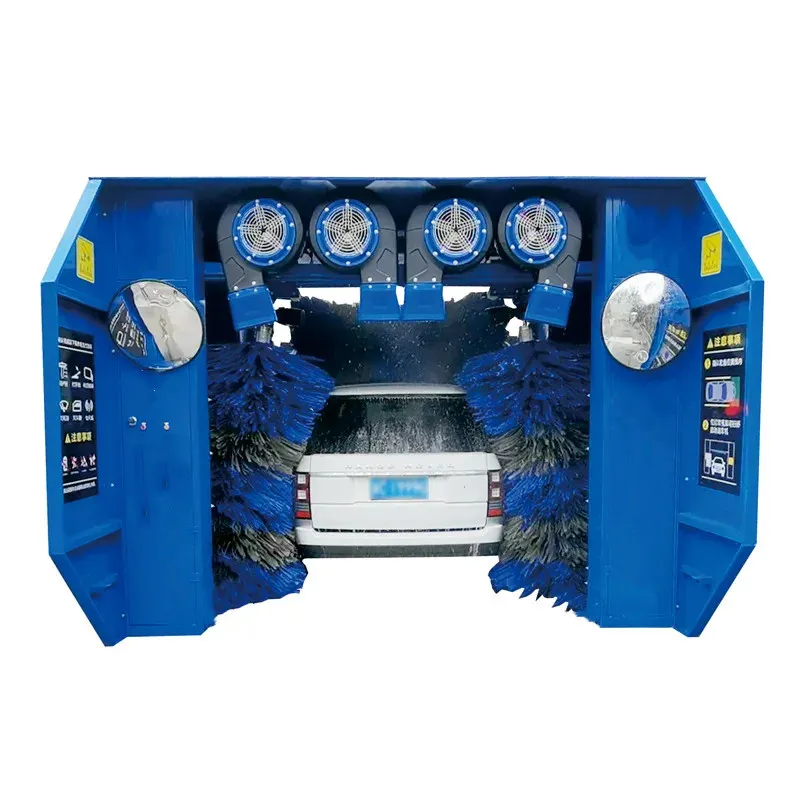
- Afrikaans
- Albanian
- Amharic
- Arabic
- Armenian
- Azerbaijani
- Basque
- Belarusian
- Bengali
- Bosnian
- Bulgarian
- Catalan
- Cebuano
- Corsican
- Croatian
- Czech
- Danish
- Dutch
- English
- Esperanto
- Estonian
- Finnish
- French
- Frisian
- Galician
- Georgian
- German
- Greek
- Gujarati
- Haitian Creole
- hausa
- hawaiian
- Hebrew
- Hindi
- Miao
- Hungarian
- Icelandic
- igbo
- Indonesian
- irish
- Italian
- Japanese
- Javanese
- Kannada
- kazakh
- Khmer
- Rwandese
- Korean
- Kurdish
- Kyrgyz
- Lao
- Latin
- Latvian
- Lithuanian
- Luxembourgish
- Macedonian
- Malgashi
- Malay
- Malayalam
- Maltese
- Maori
- Marathi
- Mongolian
- Myanmar
- Nepali
- Norwegian
- Norwegian
- Occitan
- Pashto
- Persian
- Polish
- Portuguese
- Punjabi
- Romanian
- Russian
- Samoan
- Scottish Gaelic
- Serbian
- Sesotho
- Shona
- Sindhi
- Sinhala
- Slovak
- Slovenian
- Somali
- Spanish
- Sundanese
- Swahili
- Swedish
- Tagalog
- Tajik
- Tamil
- Tatar
- Telugu
- Thai
- Turkish
- Turkmen
- Ukrainian
- Urdu
- Uighur
- Uzbek
- Vietnamese
- Welsh
- Bantu
- Yiddish
- Yoruba
industrial car wash equipment
The Evolution and Benefits of Industrial Car Wash Equipment
In recent years, the automotive industry has witnessed a remarkable transformation, not only in vehicle design and technology but also in the maintenance and cleaning practices for vehicles. An essential component of this evolution is the development of industrial car wash equipment, which has become vital for both large-scale car washes and fleet management. This article explores the advancements and advantages of industrial car wash equipment, highlighting its importance in today’s fast-paced, eco-conscious environment.
Advancements in Technology
The industrial car wash equipment sector has undergone significant technological advancements. Older systems that relied heavily on manual labor and basic washing techniques have been replaced by automated systems equipped with advanced technology. Modern industrial car wash machines incorporate sophisticated features such as touchless wash systems, hybrid systems that combine brushes and touchless methods, high-pressure water jets, and efficient drying mechanisms. These advancements not only improve the cleaning process but also reduce the time it takes to wash a vehicle, allowing businesses to serve more customers within a shorter timeframe.
Moreover, contemporary software solutions enable operators to manage their car wash facilities more efficiently. Real-time monitoring, remote diagnostics, and usage analytics facilitate maintenance and operational decisions, significantly improving uptime and service quality. These innovations ensure that facilities can provide a consistently high level of service, leading to improved customer satisfaction and loyalty.
Environmental Considerations
One of the significant benefits of industrial car wash equipment is its capacity for sustainable practices. With growing concerns over water usage and pollution, many modern car wash systems are designed to recycle and conserve water. Advanced filtration systems allow for the treatment and reuse of water during the washing process, drastically reducing the amount of fresh water consumed per vehicle. In fact, some state-of-the-art establishments can save thousands of gallons of water each day compared to traditional washing methods.
industrial car wash equipment

Additionally, eco-friendly cleaning agents are often employed in industrial car washes. These biodegradable detergents minimize the environmental impact while ensuring that vehicles are cleaned effectively. This dual focus on efficiency and sustainability is increasingly attracting environmentally conscious customers who are eager to support businesses that prioritize green practices.
Increased Profitability
Investing in industrial car wash equipment can lead to significant financial benefits for operators. With the ability to wash multiple vehicles simultaneously, these systems significantly increase throughput. This capacity enables businesses to cater to a larger clientele, thus increasing revenue. Furthermore, the integration of membership or subscription models has become a popular trend in the industry. Customers who pay a monthly fee for unlimited washes ensure a steady stream of income for car wash operators.
Additionally, the reduction in labor costs due to automation means that businesses can allocate resources more effectively. Fewer staff are needed to operate the wash processes, allowing for reallocation towards customer service or other essential functions, further enhancing overall business performance.
Conclusion
In conclusion, industrial car wash equipment represents a critical development within the automotive service industry. The combination of advanced technology, sustainable practices, and improved profitability makes it an essential investment for car wash operators looking to thrive in a competitive market. As consumer expectations continue to evolve toward faster and more environmentally responsible services, businesses equipped with modern industrial car wash systems will undoubtedly lead the way toward a cleaner, more efficient future in vehicle maintenance. Embracing these innovations not only caters to current market demands but also positions operators advantageously for the challenges and opportunities of tomorrow.
-
Integrating Aqua Tunnel Car Wash in Shopping CentersNewsJun.24,2025
-
Gas Station with an Auto Car Wash MachineNewsJun.24,2025
-
Efficiency in Your Aqua Tunnel Car Wash: Power & Water-SavingNewsJun.24,2025
-
Car Wash Business with Advanced Auto Car Cleaning MachinesNewsJun.24,2025
-
Balancing Setup Costs with Aqua Tunnel Car WashNewsJun.24,2025
-
Aqua Tunnel Car Wash: Eco-Design for the Energy-Savvy EntrepreneurNewsJun.24,2025



